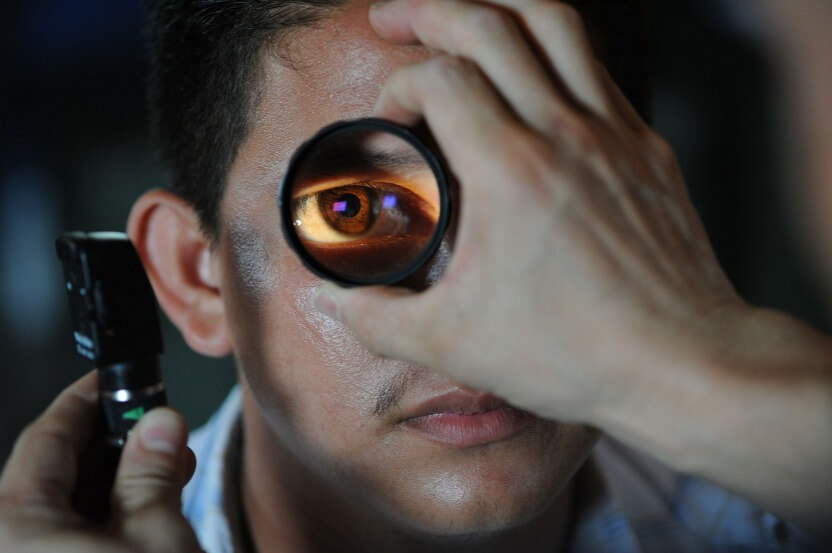To start with a cliche: “the eyes are the windows to the soul”. Whether the eyes can detect souls or not is debatable, but they can detect — through regular eye tests — the early stages of certain diseases, diabetes, and cancer among them. Features of the eye can alert your Pittsburgh optometrist to conditions that may, later on, lead to blindness.
And even without a risky disease, everyone eventually has to book an appointment to get their eyes checked as blurring vision and farsightedness are natural aspects in the aging process. That said, you’ll want to book the best doctor available considering the importance of sight to daily life.
The question is: how do you find them?
1. Figure out what kind of doctor you need. There are two kinds of eye doctors: the optometrist and the ophthalmologist. Both are licensed to prescribe medicine, contact lenses and glasses and both can diagnose and treat eye conditions; the primary difference between them is evident when it comes to surgery. Generally, an ophthalmologist is the one licensed to perform eye surgery, while the optometrist can handle pre and post-operative care and may refer you to an ophthalmologist for more serious conditions.
2. Check your health insurance policy. When looking for the best doctor available to you, it’s also important to find one that’s within your budget. If you have a healthcare plan that includes vision insurance, then that both lessens the burden on you for calculating out-of-pocket expense and it narrows down the list of options as, chances are, your insurance provider will come with a list of doctors authorized under your plan. You can find this information by looking through the insurance company’s website for the list or by calling your chosen doctor’s office and asking them directly.
3. Ask the people you know for recommendations. While you can argue that these days, every business practice is on the internet with reviews and ratings for all to see, it’s still best to ask the people you trust for referrals. There’s a chance that you live in an area where there’s not enough traffic in the clinics to require online advertisement, after all. You can start by getting recommendations from a health professional such as your primary care physician or your dentist. After that, you can look to your family, friends, and acquaintances and ask them for their experience so you can determine whether a doctor is competent and good at communication before you even book an appointment.
4. Contact professional organizations. The American Academy of Ophthalmology, the American Optometric Association, state, and county organizations, or a nearby hospital or university medical center should all have their methods of helping you locate the right doctor for you if you visit their website or call them.
5. Judge your appointment. Finally, once you’ve met them, the last deciding factor on whether you’ve found a ‘good doctor’ is you. Depending on the problem you have, you might need to make routine visits to the doctor. So, before you commit, ask yourself if you were comfortable and reassured of your doctor’s competency throughout the appointment.
If everything goes smoothly, you should be able to find a doctor to trust and consult with for the long run.
